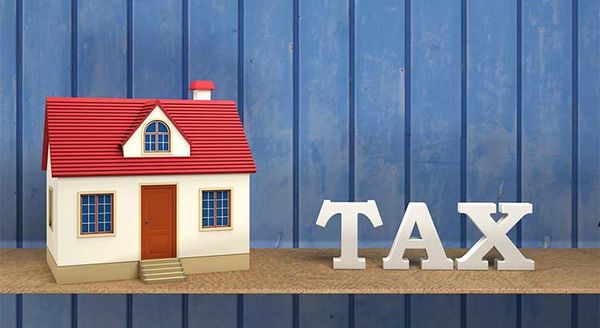
5 Ways Tax Reform Has Impacted the 2018 Housing Market
Starting late last year, some predicted that the 2018 tax changes would cripple the housing market. Headlines warned of the potential for double-digit price depreciation and suggested that buyer demand could drop like a rock. There was even sentiment that homeownership could lose its coveted status as a major component of the American Dream.
Now that the first quarter numbers are in, we can begin to decipher the actual that impact tax reform has had on the real estate market.
1. Has tax reform killed off home buyer demand? The answer is “NO.”
According to the Showing Time Index which “tracks the average number of buyer showings on active residential properties on a monthly basis” and is a “highly reliable leading indicator of current and future demand trends,” buyer demand has increased each month over the last three months and is HIGHER than it was for the same months last year. Buyer demand is not down. It is up.
2. Have the tax changes affected America’s belief in real estate as a long-term investment? The answer is “NO.”
Two weeks ago, Gallup released its annual survey which asks Americans which asset they believed to be the best long-term investment. The survey revealed:
“More Americans name real estate over several other vehicles for growing wealth as the best long-term investment for the fifth year in a row. Just over a third cite real estate for this, while roughly a quarter name stocks or mutual funds.”
The survey also showed that the percentage of Americans who believe real estate is the best long-term investment was unchanged from a year ago.
3. Has the homeownership rate been negatively impacted by the tax changes? The answer is “NO.”
Not only did the homeownership rate not crash, it increased when compared to the first quarter of last year according to data released by the Census Bureau.
In her latest “Z Report,” Ivy Zelman explains that tax reform didn’t hurt the homeownership rate, but instead, enhanced it:
“We have been of the opinion that homeownership is most highly correlated with income and the net effect of tax reform would be a positive, rather than negative catalyst for the homeownership rate. While still in the early innings of tax changes, this has proven to be the case.”
4. Has the upper-end market been crushed by new State and Local Taxes (SALT) limitations? The answer is “NO.”
In the National Association of Realtors latest Existing Home Sales Report it was revealed that:
* Sales between $500,000 and $750,000 were up 4.5% year-over-year
* Sales between $750,000 and $1M were up 15.1% year-over-year
* Sales over $1M were up 17.3% year-over-year
5. Will the reforms in the tax code cause home prices to tumble over the next twelve months? The answer is “NO.”
According to CoreLogic’s latest Home Price Insights Report, home prices will appreciate in each of the 50 states over the next twelve months. Appreciation is projected to be anywhere from 1.9% to 10.3% with the national average being 4.7%.
Bottom Line
The doomsday scenarios that some predicted based on tax reform fears seem to have already blown over based on the early housing industry numbers being reported.
Get the latest News and Advice on your local market – Sign up for our Monthly Market Updates Today
[gravityform id=”16″ title=”true” description=”true”]


 Facebook
Facebook
 X
X
 Pinterest
Pinterest
 Copy Link
Copy Link



